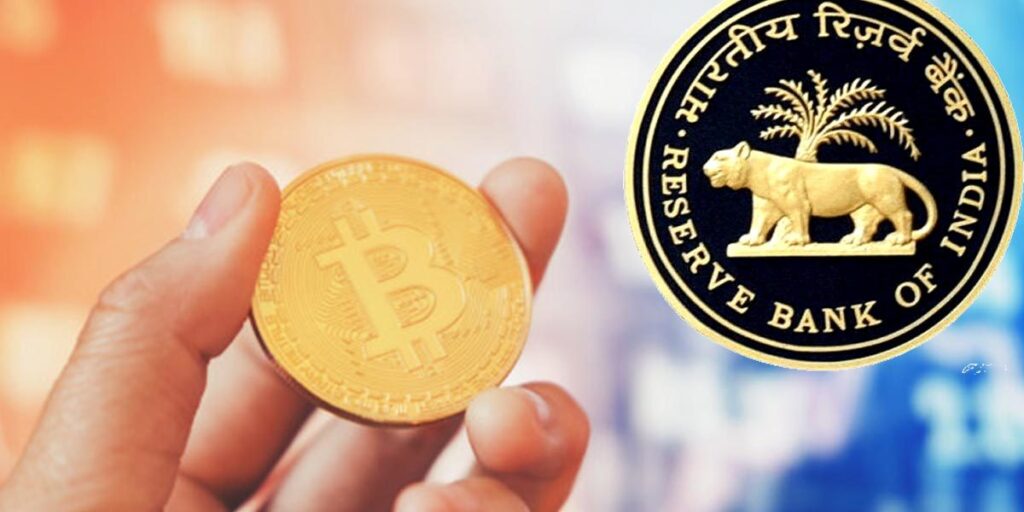The Reserve Bank of India has advocated the use of a digital currency, as fiat cash, to cut back dependency on paper notes and cut back the load on transactions. CBDCs would additionally doubtlessly allow extra real-time and cost-effective globalization of cost methods, in keeping with the central bank.
At a webinar final month, RBI deputy governor T Rabi Sankar had mentioned that the time for CBDCs has come to Reserve Bank of India (RBI) governor Shaktikanta Das on Friday mentioned that the central bank might launch a pilot of its digital currency by December this yr. Das mentioned in an interview that the RBI is engaged in a phased implementation technique for a similar. He added that the bank is “extraordinarily cautious” concerning the central bank’s digital currency (CBDC), which is a brand new product for it.
This is a crucial assertion from the governor of the nation‘s central bank, in view of the rise in recognition of cryptocurrency. The Supreme Court docket has already quashed a 2018 round of the RBI to ban banks and monetary institutions from offering providers to any individual or business entities coping with or settling cryptocurrencies, including Bitcoin. At a webinar last month, RBI deputy governor T Rabi Sankar had said that the time for CBDCs has come.
What’s a central bank‘s digital currency?
The RBI defines CBDC as an authorized tender issued by a central bank in a digital kind. It is similar to fiat currency and is exchangeable one-to-one with the fiat currency. Only its kind is totally different. It additionally mentioned that the concept just isn’t new. At his keynote tackle, Sankar mentioned in July that the origins of CBDCs may be attributed to American economist and Nobel laureate James Tobin, who proposed a digital type of cost in 1980 s
What is the want for a CBDC?
Throughout the globe, the adoption of CBDC has been justified for 3 primary causes: Central banks, confronted with dwindling utilization of paper currency, search to popularize an extra acceptable digital type of foreign money; Jurisdictions with significant bodily money utilization searching for to make issuance extra environment friendly and Central banks search to satisfy the general public’s want for digital currencies, manifested within the growing use of private digital currencies, and thereby keep away from the extra damaging penalties of such personal currencies

Moreover, the RBI says that funds utilizing CBDCs are remaining and thus cut back settlement danger within the financial system. CBDCs would also doubtlessly allow extra real-time and cost-effective globalization of cost systems, according to the central bank.
The distinction between cryptocurrency and CBDC
Digital personal currencies like Bitcoin have gained extensive acceptance in a previous couple of years. Sankar mentioned that if these personal currencies acquire recognition, nationwide currencies with restricted convertibility are more likely to come below risk. Digital currencies like Bitcoin are digitally encrypted, decentralized, and never linked to or regulated by any authorities. A CBDC, then again, can be a digital model of the fiat currency – one backed by the government.
Whereas cryptocurrency operates independently, fiat currency is issued by a rustic central bank. The latter requires intermediaries to make transfers. Furthermore, the provision of fiat currency is regulated by the central banks and may be elevated or decreased relying on the usages, whereas the provision of cryptocurrency is restricted.
Additionally, currency marked as an authorized tender may be stored in bank accounts; the cryptocurrencies should be saved in digital wallets. CBDCs, depending on the extent of their use, could cause a discount within the transaction demand for bank deposits and reliance on money.
Why do we want CBDCs in India?
In line with RBI, India’s high currency to GDP ratio requires a change to CBDCs. If large cash transactions may be changed by CBDCs, the price of printing, transporting, storing, and distributing currency may be diminished. It also stated that freely convertible currencies just like the US dollar may not be affected as many of the personal digital currencies in vogue are denominated in US {dollars}. The RBI stated that digital currencies would possibly encourage the usage of the US dollar. So, a digital currency developed by India may assist retain a public preference for the Rupee.